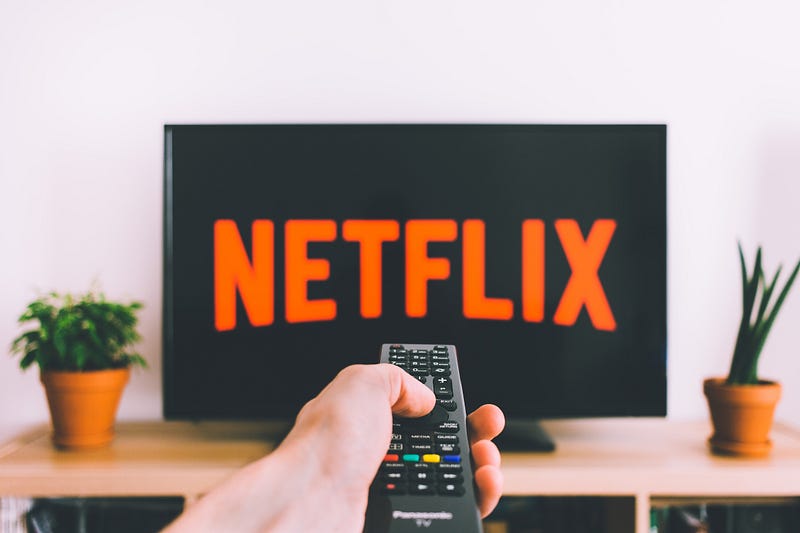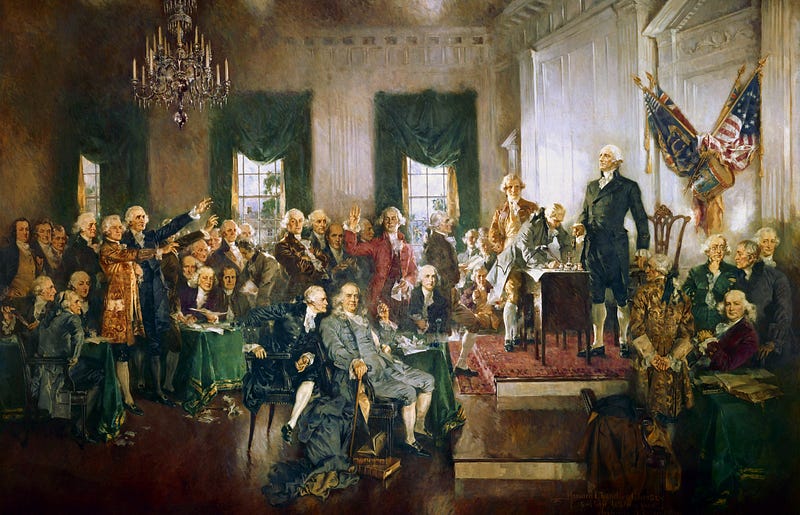A Discussion of Oliver DeMille’s 1913 Chapter 13 “The Last Turning Point”
As Oliver DeMille concludes his book, he titles his last chapter, “The Last Turning Point,” which I find bleak, though perhaps that was not the intention. I prefer the idea of the next turning point.
He opened his book with a discussion of the original turning points that led to the founding of our nation.
And his book has been about the second turning point that turned us away from freedom. It has been a fascinating theory to follow about a part of American history of which most of us have little knowledge.
The two amendments and the establishment of the Federal Reserve in 1913 seemingly happened with little concern to the people. Thus, DeMille’s call to us to be more involved citizens is not just a condemnation of us today but also of the people at that time. What has gone wrong has been going wrong for a while.
Writing in 2012, DeMille makes a prediction,
All indications are that twenty-five years from now, we will be reaping the consequences of another major Turning Point that is still ahead of us today. We will choose more freedom or less freedom, prosperity or an opportunity-killing class system, a new American century or something much less desirable. It is up to us. (p. 164)
Twenty-five years from 2012 is 2037. And he is saying we would be dealing with the consequences by 2037, so he is predicting the turning points to come before that. He does not explain why he thinks this is the time frame.
We have had some big, freedom-threatening moments since 2020 so maybe time will show that our crazed reaction then will be what defines the next turning point.
Alternatively, we are learning from the Twitter files about the various ways the government has been working with tech companies to enact censorship.
If that does not concern you, the idea of the Executive Branch setting up a Disinformation Board should. If you are fine with the Biden administration doing that, how would you feel about it continuing to run under Trump if he is re-elected? And if you object to it existing under Biden, you should object to it existing under any administration.
You may or may not agree with someone about Ivermectin or mask-wearing, but the First Amendment is clear that people get to hold, and express, whatever view they want about those issues.
So maybe we are living through some sort of Turning Point and stopping things like a governmental Disinformation Board was us passing the test.
Or, maybe the chaos of the past few years is due to something else. Another book I read recently was George Freidman’s “Storm Before the Calm” which I highly recommend for bringing clarity to the chaos of today.
He is a geopolitical analyst that has spent a career looking at trends to predict where things are heading. With this book, he explains his theory that in US history we see a repeating 50-year socioeconomic cycle and a repeating 80-year institutional cycle.
We have the pleasure of having both of the cycles at their ends at about the same time! The good news though is that explains that feeling that everything is falling apart because it kind of is. But that does not lead him to conclude we are headed for some national divorce or another end to our country.
We are just in the part of the cycle where both will renew soon, which will get us to the “Triumph Beyond” as he says in the subtitle.
We could be facing a new turning point as DeMille predicts, or a cyclical reset as Friedman predicts, or perhaps both are true. Whichever it is, we are living through a predictable time of turmoil, and we could only be helped by following DeMille’s call to us to be better citizens.
One area I think we tend to fail as a society is our lack of understanding of economics which results in a large set of erroneous “truths” that seem to be self-evident to the dominant culture about capitalism (it is a system of exploitation, greed run amuck, a threat to the environment, etc.). The very system that got us the prosperity we enjoy is constantly under attack.
To delve deeper into that, I am going to make my next book to analyze Peter Foster’s Why We Bite the Invisible Hand.
He acknowledges that part of the challenge is the word capitalism itself that was given to the system by its critics. Deirdre McCloskey covered some of that in her book “Bourgeois Equality” that I analyzed previously.
Foster’s book is taking a different angle. It is exploring what it is about the psychology that seems to lead us to make so many wrong economic assumptions that could then potentially lead us to make policy decisions that make us worse off.
Reference: DeMille, Oliver, 2012. “The Last Turning Point” Chapter 13 of 1913, Obstacles Press, Inc., Flint, Michigan.




